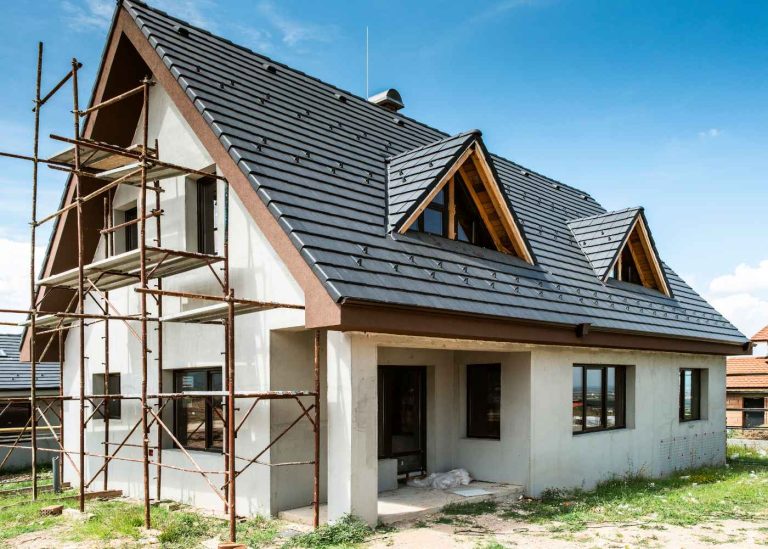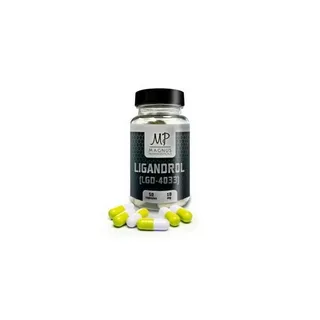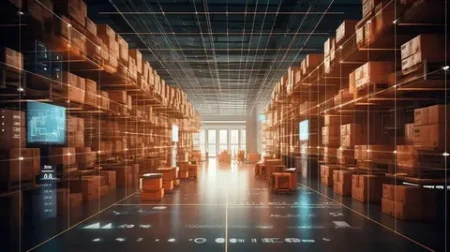When planning exterior construction or renovation projects, many contractors and property owners assume that exterior supply companies are essentially interchangeable. After all, siding is siding, roofing materials are roofing materials, and windows are windows, right? This misconception can lead to project delays, cost overruns, and disappointing results that affect both immediate construction outcomes and long-term building performance.
The reality is that exterior supply companies vary dramatically in their product quality, service levels, technical expertise, and ability to support successful project completion. These differences become particularly apparent in demanding markets like Chicago, where weather extremes and urban construction challenges require superior materials and knowledgeable support.
Understanding what separates excellent exterior supply companies from mediocre alternatives can help you make informed decisions that ensure project success and long-term satisfaction with your building’s performance.
They Offer Different Quality Levels and Product Lines
Not all exterior materials are created equal, and supply companies often carry vastly different quality levels within the same product categories. Premium suppliers focus on high-performance materials that withstand harsh weather conditions and provide superior longevity.
Quality exterior supply companies stock products from reputable manufacturers with proven track records in challenging climates. These materials may cost more initially but deliver better performance and durability that reduces long-term maintenance and replacement costs.
Selection like Valley & Aetna building products varies significantly between suppliers, with some offering basic builder-grade materials while others provide access to premium lines with advanced features like enhanced insulation, weather resistance, and architectural styling options.
Technical specifications and performance ratings differ substantially across product lines. Knowledgeable suppliers understand these differences and can guide you toward materials that meet your specific performance requirements and budget constraints.
They Provide Varying Levels of Technical Expertise
The technical knowledge and support capabilities of exterior supply companies can make or break complex projects. Experienced suppliers serve as valuable resources for material selection, installation guidance, and problem-solving throughout the construction process.
Material compatibility issues require expertise to navigate successfully. Professional suppliers understand how different exterior materials interact with each other and can prevent problems that arise from incompatible product combinations.
Installation support and technical guidance vary dramatically between suppliers. The best companies provide detailed installation instructions, technical support hotlines, and field representatives who can troubleshoot issues on-site.
Code compliance and building requirements change frequently, and knowledgeable suppliers stay current with local regulations. This expertise helps ensure your materials meet current codes and pass inspections without delays or corrections.
They Deliver Different Service and Support Standards
Customer service levels and support capabilities separate professional exterior supply companies from basic material distributors. These service differences directly impact project timelines, problem resolution, and overall construction experience.
Delivery scheduling and logistics coordination become critical for large projects or tight timelines. Reliable suppliers provide accurate delivery schedules and communicate proactively about any potential delays or issues.
Inventory management and product availability vary significantly between companies. Professional suppliers maintain adequate stock levels and provide realistic timelines for special orders or custom products.
After-sale support including warranty assistance, replacement parts, and technical troubleshooting ensures continued satisfaction long after project completion. Companies with strong manufacturer relationships can resolve problems quickly and effectively.
They Maintain Different Industry Relationships
The relationships exterior supply companies maintain with manufacturers, contractors, and industry professionals directly affect the value and service they can provide to customers. These connections often determine access to better pricing, priority service, and exclusive products.
Manufacturer partnerships provide access to training, technical support, and warranty programs that benefit end customers. Strong supplier relationships often translate into better pricing and priority allocation during material shortages.
Contractor networks and professional relationships help suppliers understand real-world installation challenges and performance requirements. This knowledge helps them stock appropriate products and provide relevant technical guidance.
Local market knowledge becomes particularly valuable in areas where urban construction presents unique challenges with building access, material delivery, and coordination with other trades working in dense environments.
They Offer Different Value Propositions
The total value proposition extends beyond basic material costs to include service, expertise, support, and long-term relationship benefits. Understanding these broader value elements helps identify suppliers that provide the best overall project outcomes.
Pricing structures vary significantly, with some companies focusing on low initial costs while others provide comprehensive value through superior products and services. Total project costs often favor suppliers who prevent problems rather than those offering the lowest material prices.
Project consultation and planning assistance from knowledgeable suppliers can prevent costly mistakes and identify opportunities for improved performance or cost savings. This guidance often more than justifies slightly higher material costs.
Long-term partnership benefits include preferential pricing, priority service, and ongoing support for future projects. Building relationships with reliable suppliers provides advantages that extend beyond individual projects.
Making the Right Choice
Exterior supply companies differ significantly in quality, expertise, service, relationships, and value. These differences directly impact project success, long-term building performance, and overall satisfaction with your construction investment.
Taking time to evaluate potential suppliers based on these broader criteria rather than just material costs ensures better project outcomes and establishes relationships that support future construction needs and building maintenance requirements.










